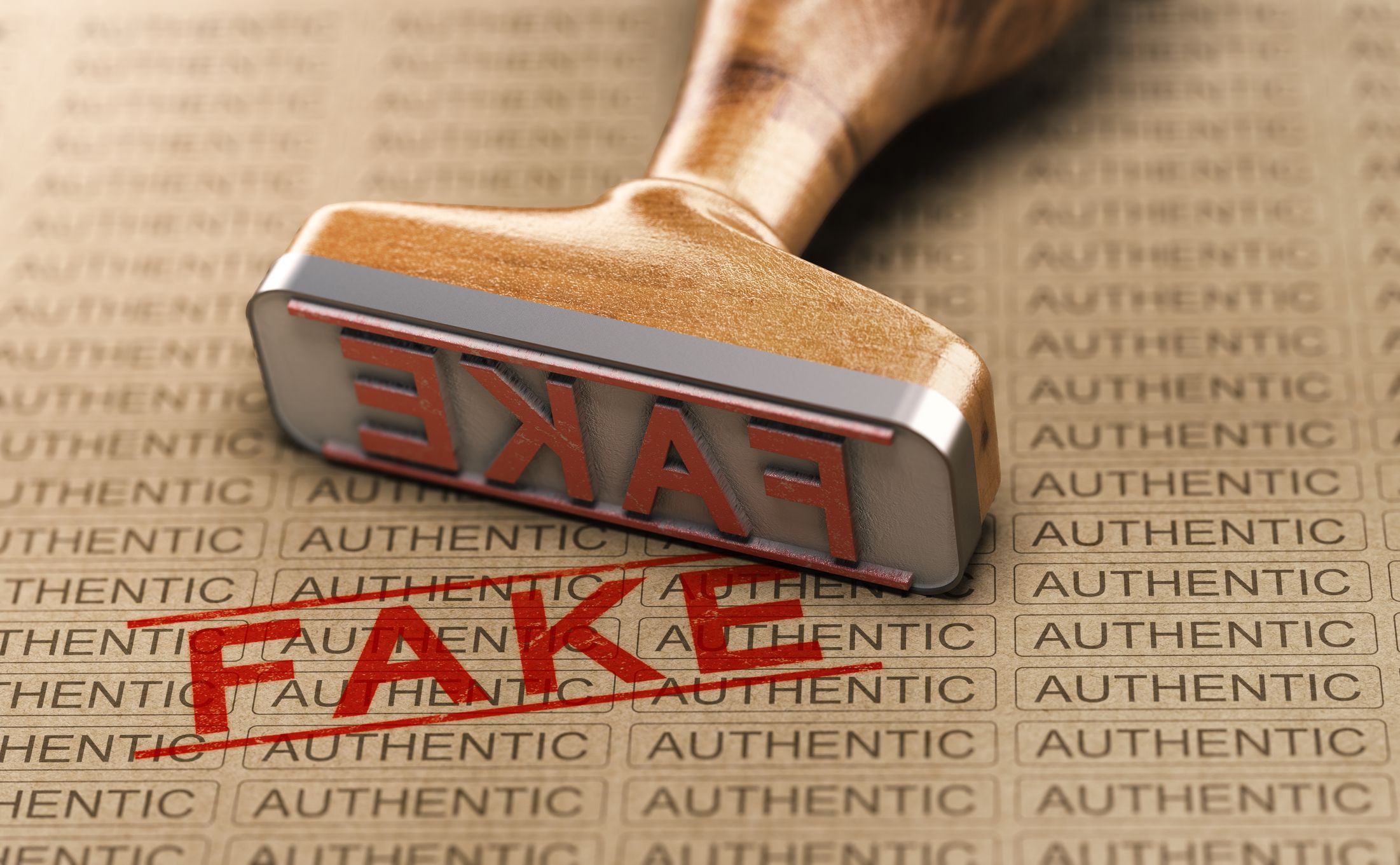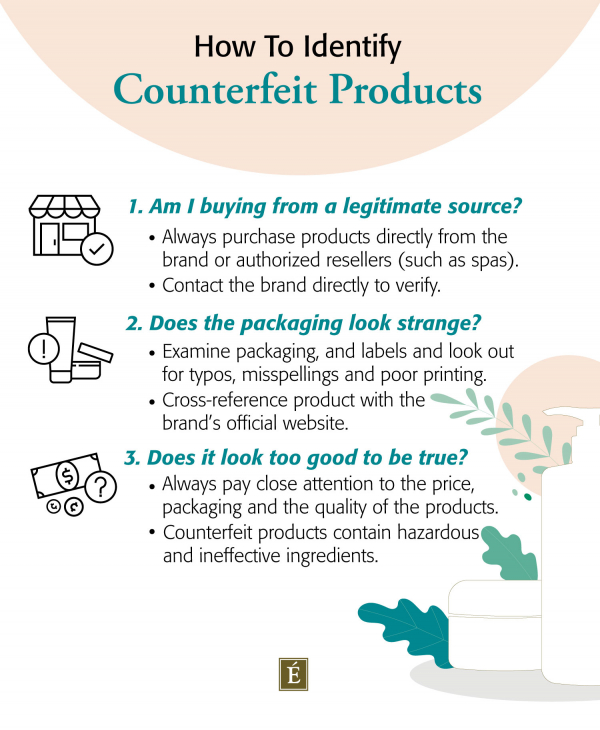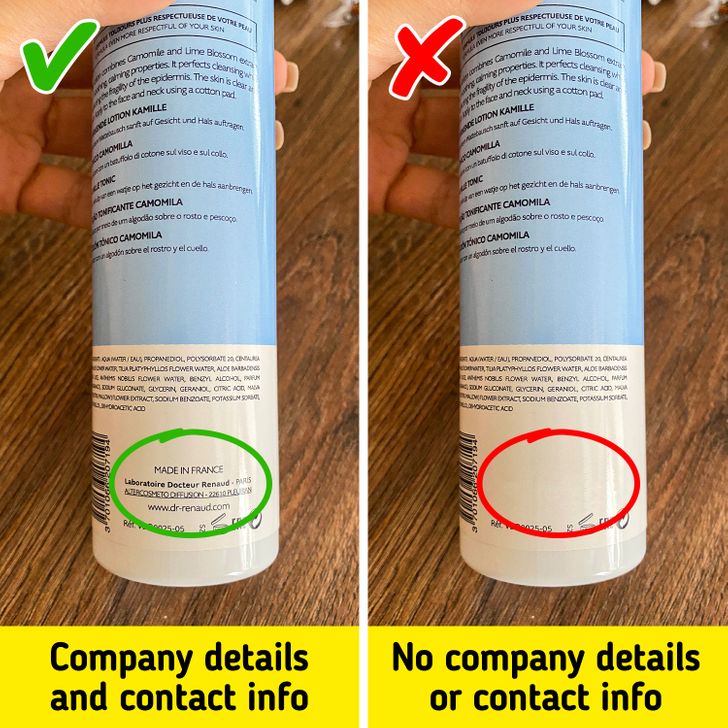How to Spot Fake Products: A Comprehensive Guide
Fake products are becoming increasingly difficult to identify, and they can be found everywhere – from online marketplaces to physical stores. As consumers, it’s essential to be aware of the signs that distinguish counterfeit items from authentic ones. In this article, we’ll guide you through the process of spotting fake products, helping you make smarter purchasing decisions and avoid scams.

Why is it Important to Spot Fake Products?
Fake products may appear similar to their authentic counterparts, but they can pose several risks, such as:
-
Quality Issues: Counterfeit items are often made from subpar materials, leading to faster wear and tear.
-
Health and Safety Concerns: Fake products, particularly cosmetics and medicines, may contain harmful ingredients.
Trending -
Financial Loss: Purchasing fake items often results in wasting money on products that do not perform as promised.
-
Legal Implications: Selling or distributing counterfeit products is illegal and can lead to serious consequences.
Being able to distinguish fake products from real ones helps protect your health, finances, and legal standing. Let’s dive deeper into the signs of counterfeit goods.
How to Spot Fake Products: Key Indicators
1. Check the Packaging Quality
One of the easiest ways to spot a counterfeit product is by examining the packaging. Authentic brands invest in high-quality packaging, while counterfeit items often have poor packaging. Look for:
-
Rough Edges: Genuine products have smooth, well-finished packaging, while fake ones may have jagged edges.
-
Printing Quality: The print on fake packaging is often blurry, faded, or inconsistent.
-
Misspelled Words: Counterfeit products may contain spelling errors or awkward phrasing.
A high-quality brand will ensure their packaging is consistent and professional. If the packaging seems off, it’s worth looking further into the product’s authenticity.
2. Verify the Price
Fake products are often sold at much lower prices than genuine ones. While discounts can sometimes be legitimate, if the price seems too good to be true, it probably is. Authentic brands don’t typically offer extreme discounts or “flash sales” unless they are part of a trusted promotion.
-
Research the Market Price: Before making a purchase, check the price of the product on official websites or trusted retailers.
-
Too Low to Believe: If you find an item selling for a fraction of its regular price, it’s likely to be a counterfeit.
While it’s tempting to grab a deal, remember that a significantly reduced price might indicate a fake.
3. Look for Poor Craftsmanship
Genuine products are crafted with attention to detail. Counterfeit items often lack this precision. Pay close attention to the following:
-
Stitching: On bags or clothing, check for uneven stitching or loose threads.
-
Materials: Real products use high-quality materials, while fake items often use cheaper, inferior ones.
-
Logos and Labels: Counterfeit products may feature poorly stitched or poorly printed logos.
If the product feels lightweight or cheap, it may be a counterfeit. Examine the craftsmanship carefully to ensure its authenticity.

4. Compare with Authentic Products
If you have access to the genuine version of the product, a direct comparison can reveal the counterfeit. Look for differences in:
-
Size and Shape: Counterfeit products may be slightly smaller or larger than the authentic version.
-
Color: Fake items may have off-color shades or mismatched hues.
-
Weight: Authentic items are usually heavier due to higher-quality materials.
A side-by-side comparison can be a helpful way to catch fake products.
5. Examine the Seller’s Reputation
When buying products online, always research the seller’s reputation. Reliable retailers or brands often have reviews, ratings, and a history of positive transactions. If the seller has a questionable or limited history, you should approach the purchase with caution.
-
Check Reviews: Read customer reviews and see if there are complaints about fake products or poor quality.
-
Verify the Seller: Legitimate sellers often have well-established websites and a clear return policy.
If the seller’s history is unclear or they seem unreliable, it’s a red flag that the product may be fake.
6. Check for Authenticity Certificates
Certain products, especially luxury goods, often come with certificates of authenticity. These certificates verify that the product is genuine. For example:
-
Luxury Goods: High-end brands like Rolex, Louis Vuitton, and others provide authenticity cards with their items.
-
Electronics: Some brands offer warranties and registration cards that verify the product’s legitimacy.
If the item doesn’t come with the expected documentation, it’s worth questioning its authenticity.
What to Do if You Receive a Fake Product
If you suspect that you’ve bought a counterfeit item, here’s what you should do:
-
Contact the Seller: Reach out to the seller immediately and request a refund or replacement.
-
Report It: Report counterfeit products to consumer protection agencies or the platform where you bought them.
-
File a Claim: If you paid with a credit card, some credit card companies offer protection against fraudulent transactions.
Reporting Fake Products
Reporting counterfeit goods helps stop the spread of fraud. Many online platforms, like Amazon and eBay, have dedicated sections for reporting fake items. Additionally, you can report fake products to local authorities or regulatory bodies, depending on your location.
Important Note: Always keep your receipts and documentation of the transaction for a smooth return or refund process.
FAQs About Spotting Fake Products
How can I tell if a cosmetic product is fake?
When buying cosmetics, inspect the packaging, ingredients, and scent. Fake cosmetics often have a strong, unpleasant scent or poorly printed labels. Additionally, check the expiry date and compare the product’s packaging with the original brand’s official website.
Are online marketplaces safe for buying high-end goods?
Online marketplaces can be risky when purchasing high-end goods. While some sellers are legitimate, others may offer counterfeit products. Always check the seller’s reviews, certifications, and ensure the product comes with authentication.
Can counterfeit products be harmful?
Yes, counterfeit products can be harmful. For instance, fake cosmetics may contain toxic ingredients that can cause skin irritation or allergic reactions. Counterfeit medicines may not work as intended, and in some cases, can even be dangerous.
What are the legal implications of selling fake products?
Selling counterfeit products is illegal in many countries and can result in fines or imprisonment. If you’re caught selling fake goods, you could face severe consequences, including legal action and loss of business.

Final Thoughts
Spotting fake products requires a keen eye and attention to detail. By following the steps outlined in this guide, you can protect yourself from falling victim to counterfeit goods. Always prioritize quality, verify the source, and stay informed about the latest trends in product authenticity. The more you educate yourself about how to spot fake products, the better equipped you’ll be to make safe and informed purchases.
For more tips on protecting yourself from scams, visit our website and stay updated with our latest guides on consumer protection and authenticity verification.






